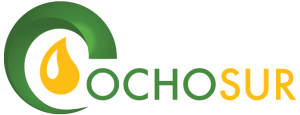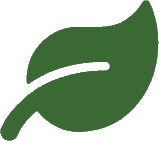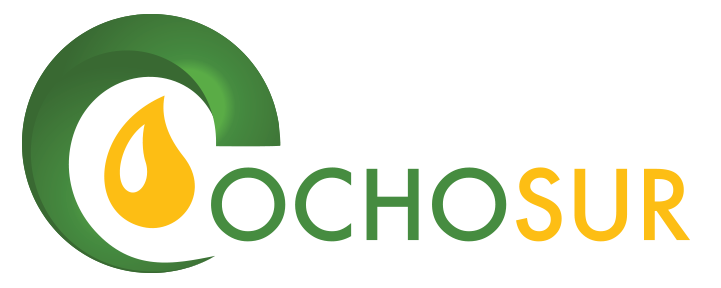FREQUENTLY ASKED QUESTIONS
Our oil palm farms and modern extractor plant are located in the district of Nueva Requena, province of Coronel Portillo, region of Ucayali, approximately two hours north of Pucallpa. There we have the Tibecocha and Sanja Seca estates that have an extension of almost 11,500 hectares.
In Grupo Ocho Sur we prioritize good-neighborly policies, with constant support and interaction with the twenty-three communities and populated areas surrounding our estates. We carry out social involvement actions such as health and humanitarian assistance campaigns, as well as local infrastructure development. Our social responsibility is focused on collaborating with the growth and development of all our neighbors in coordination with local, regional and national authorities.
No. In Grupo Ocho Sur we are committed to a Zero Deforestation policy. Our growth plans are focused on increasing the productivity of the farms we already have, by applying modern agro-industrial technology and the purchase of palm fruits from neighboring small farmers, duly identified and qualified, to whom we provide technical assistance.
Yes. Since we started operations in 2016, our company has made investments exceeding $140MM. This is the largest investment made in the agro-industrial sector in the Ucayali region and the Peruvian Amazon. In our extractor plant alone, the most modern of its kind in Peru, we invested more than $20MM. By 2021, an investment plan of more than $8MM has been approved, focused on improving the efficiency of our agricultural and industrial operations in accordance with our sustainability plan.
In Ocho Sur Group, we have an average of 1.700 formal workers in different positions, from field operatives to top-management executives. For field campaigns, we launch regular employment opportunities through recruiters who are going to announce our job offers to communities and districts. If somebody is interested, he/she can apply through Pro Joven (‘Pro Young’) program of the Ministry of Labor or send his/her résumé to curriculo@ochosur.com.
Six out of ten products available in supermarkets contain some palm oil by-product, so it is a highly demanded industry constantly growing. Palm oil is the most widely used vegetable fat in the world. It is used as an input for soaps, shampoos, personal care and beauty products, all kinds of oils and processed foods, margarines, desserts, ice cream, pet food, household cleaning products and many others.
Approximately 81,000 hectares of oil palm are estimated. The Peruvian Amazon has near 73 million hectares, out of which – according to the Ministry of Agricultural Development and Irrigation (MIDAGRI) – 1.25 million are occupied by coffee, cocoa, corn, rice, cassava and banana crops, among others. The oil palm represents only 0.1 % of the Amazon territory and 6 % of the area currently cultivated in the Peruvian Amazon. Therefore, oil palm does not represent any danger to Amazon forests, on the contrary it is the best alternative to achieve an inclusive economic and social development for Amazon communities; becoming the best tool to fight against informality and illegal activities such as drug trafficking, illegal logging and mining, among other scourges that threaten our Amazon territory.




